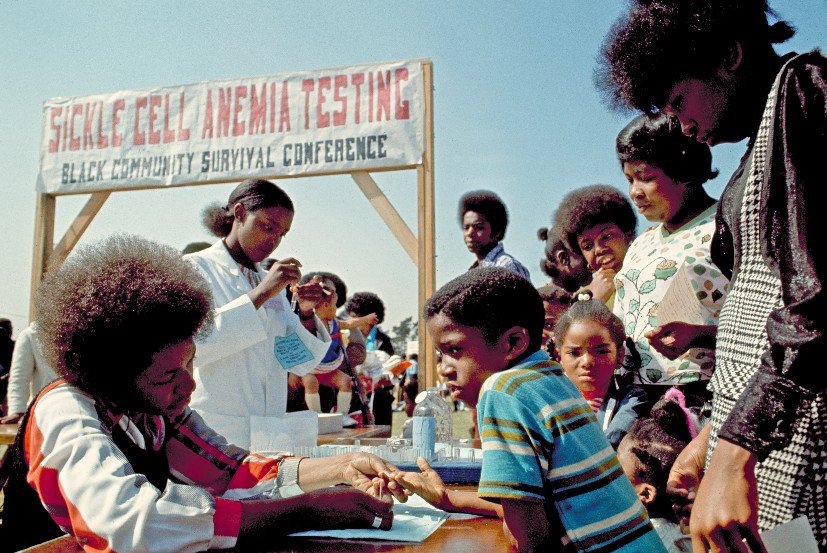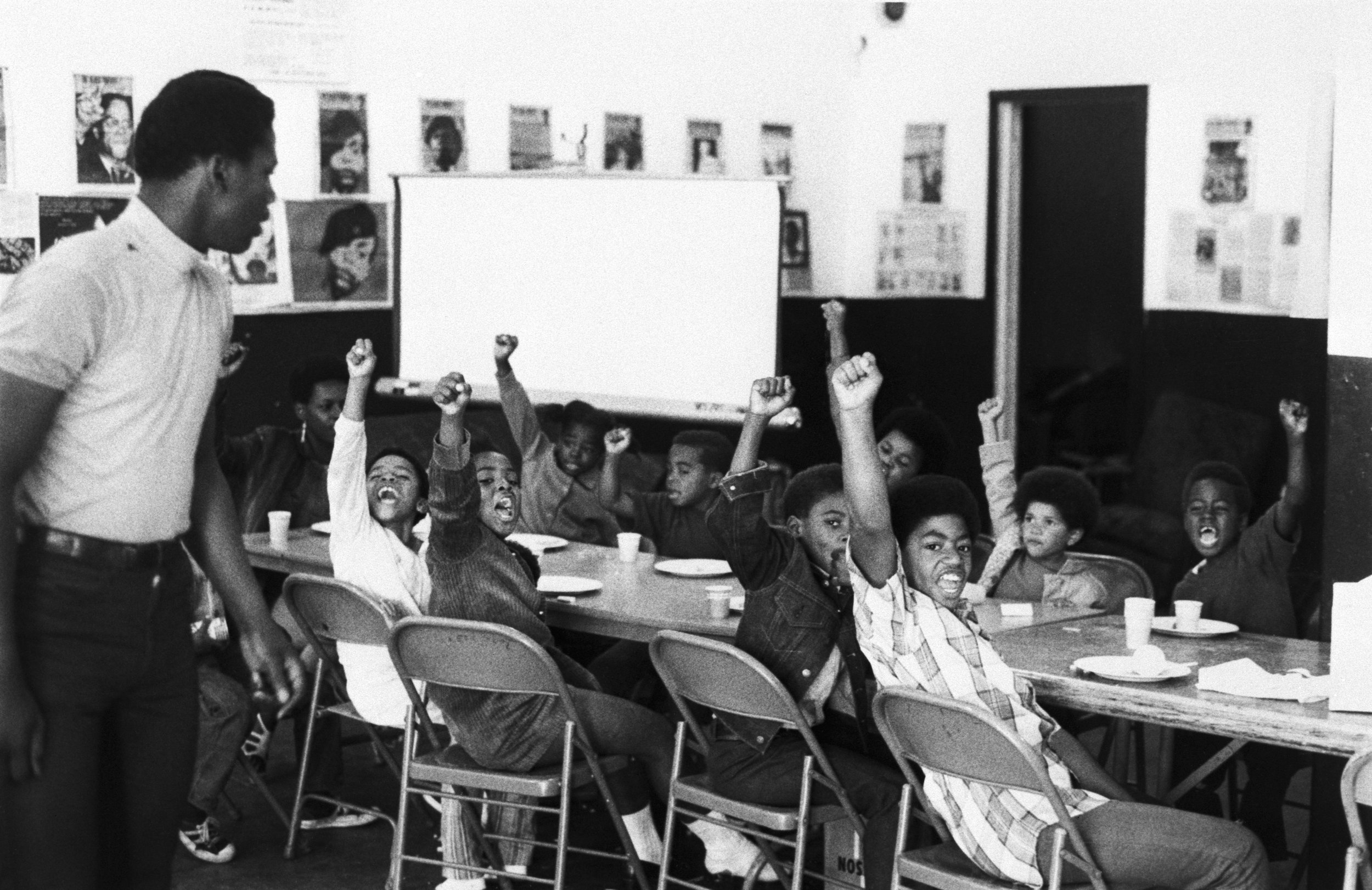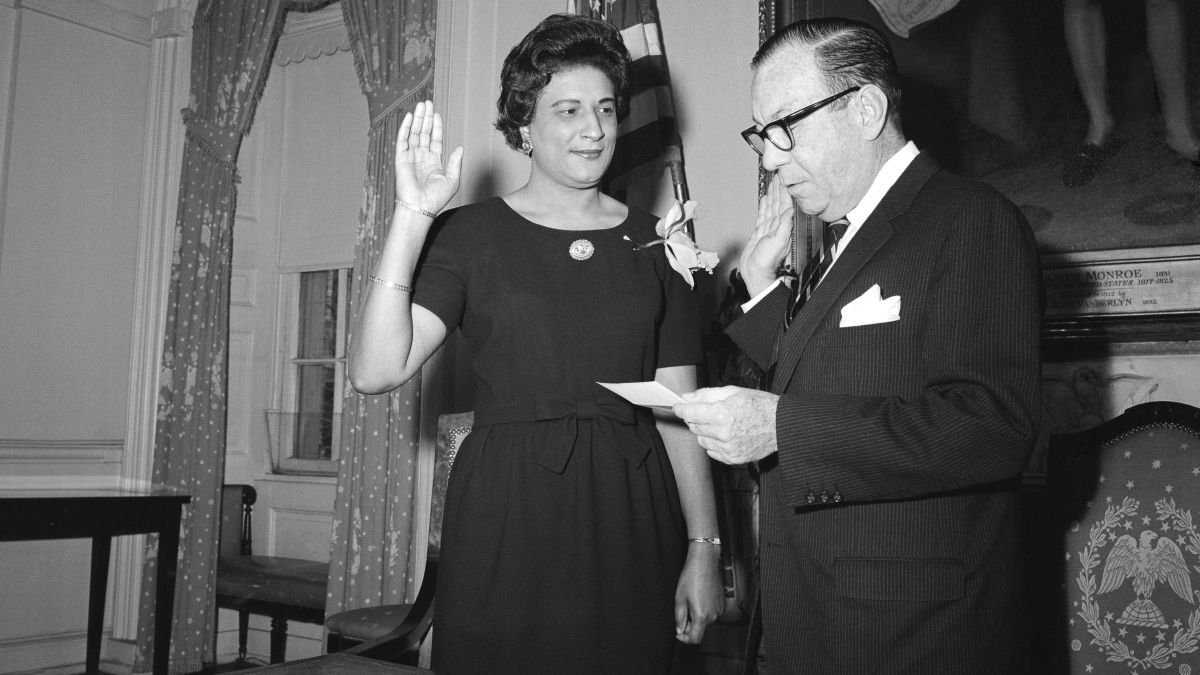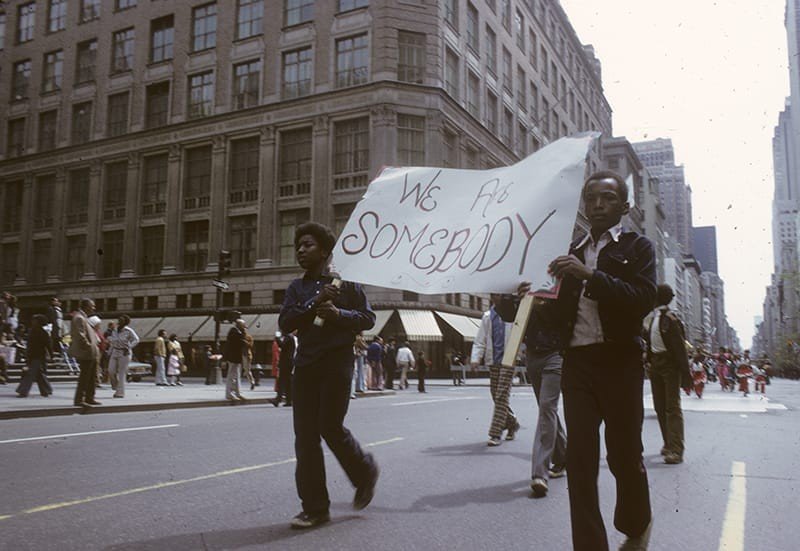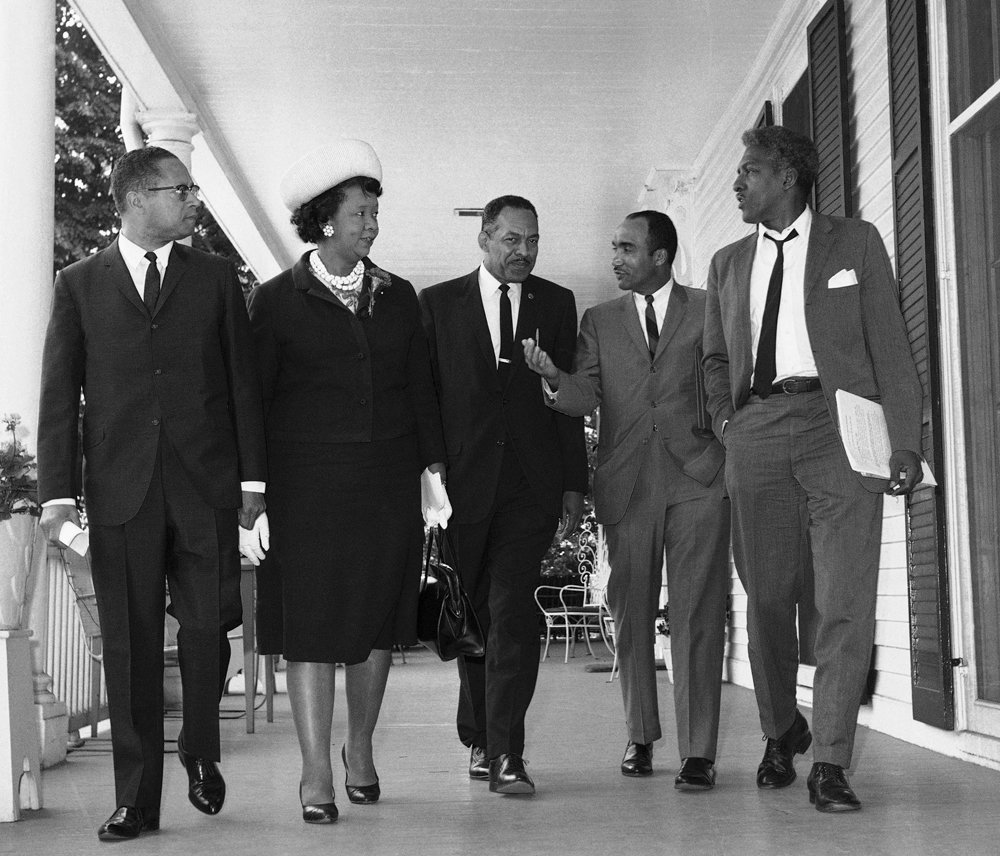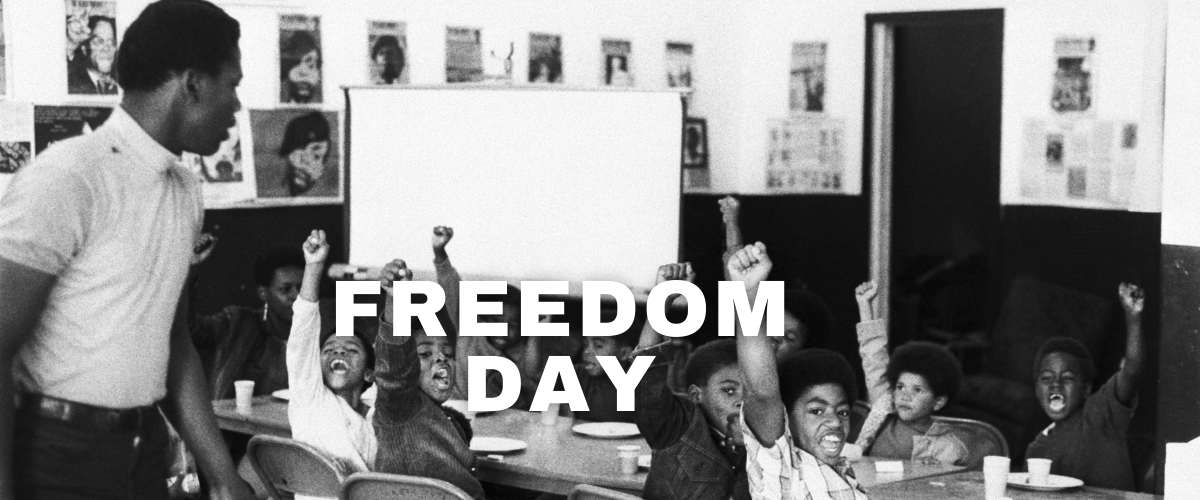
NAAM’s Freedom Day celebrates history, culture, equity, and freedom while highlighting the importance of sharing these ideals with ALL members of our community. Freedom Day is a FREE admission day at NAAM offered once a month. NAAM uses Freedom Day to spotlight significant and sometimes lesser known moments throughout history that have worked to advance freedom for all.
<< March 2025
May 2025 >>
<< This Month’s Freedom Day >>
“Would America have been America without her Negro people?”
W.E.B. Du Bois, The Souls of Black Folk (1903)
This April, we commemorate Freedom Day by celebrating the profound intellectual and philosophical legacy of W.E.B. Du Bois and the enduring impact of his seminal works, The Souls of Black Folk and Black Reconstruction. Published on April 18, 1903, The Souls of Black Folk remains one of the most important works of American literature, shaping critical discussions on race, democracy, and liberation for over a century.
Du Bois was more than a scholar—he was a revolutionary thinker who challenged dominant narratives of race and power.More than a collection of essays, The Souls of Black Folk is a blueprint for Black liberation—one that extends beyond civil rights to the realms of education, creativity, and self-determination. Du Bois argued that true freedom required not just legal and political equality, but also access to knowledge and the cultivation of Black artistic and intellectual life. He championed higher education as essential to racial uplift, countering those who believed economic progress alone was enough. Through his reflections on Black spirituals—what he called "sorrow songs"—Du Bois illuminated the depth of Black creativity, demonstrating how music, literature, and culture serve as both a record of struggle and a source of strength.
Three decades later, Black Reconstruction (1935) dismantled myths about the post-Civil War era, reclaiming the role of Black Americans as central to the struggle for democracy. Black Reconstruction radically reinterpreted American history, proving that Black Americans were not passive recipients of freedom but active architects of democracy. It teaches us that the fight for racial and economic justice has always been met with resistance, yet the resilience and collective action of Black communities continue to push the nation forward.
Together, these texts continue to guide our pursuit of justice, truth, and collective liberation.
Through history, sociology, and personal narrative, Du Bois gave us the tools to understand the systems that shape our world—and the vision to challenge them. As we honor Freedom Day, we recognize that his work is not just historical; it is a living blueprint for freedom, calling us to remain steadfast in the fight for equity and self-determination.
